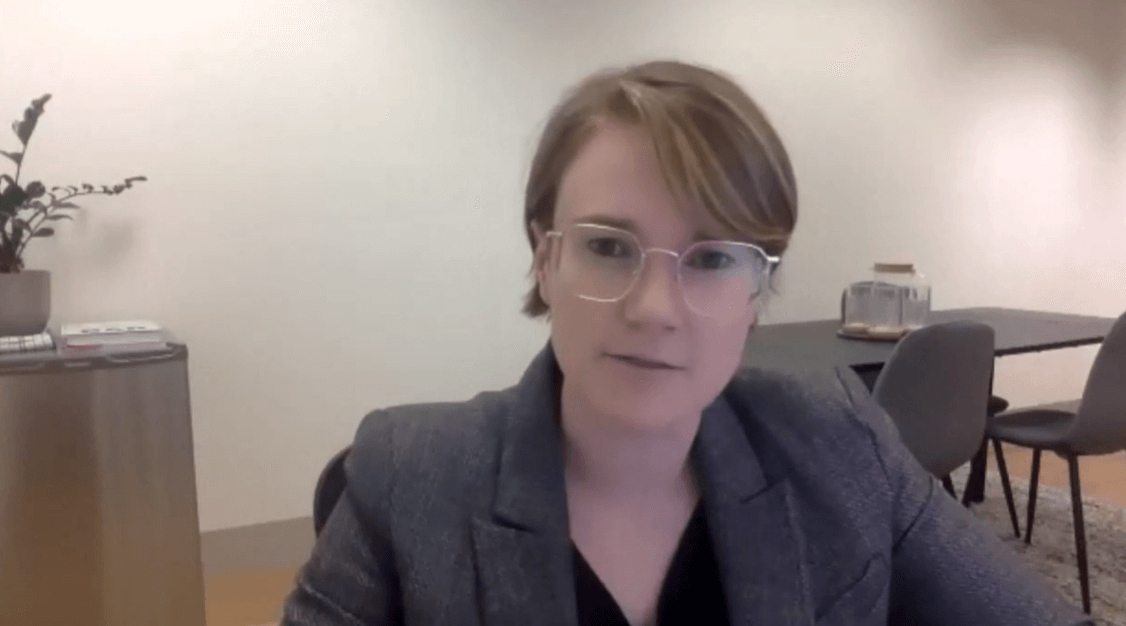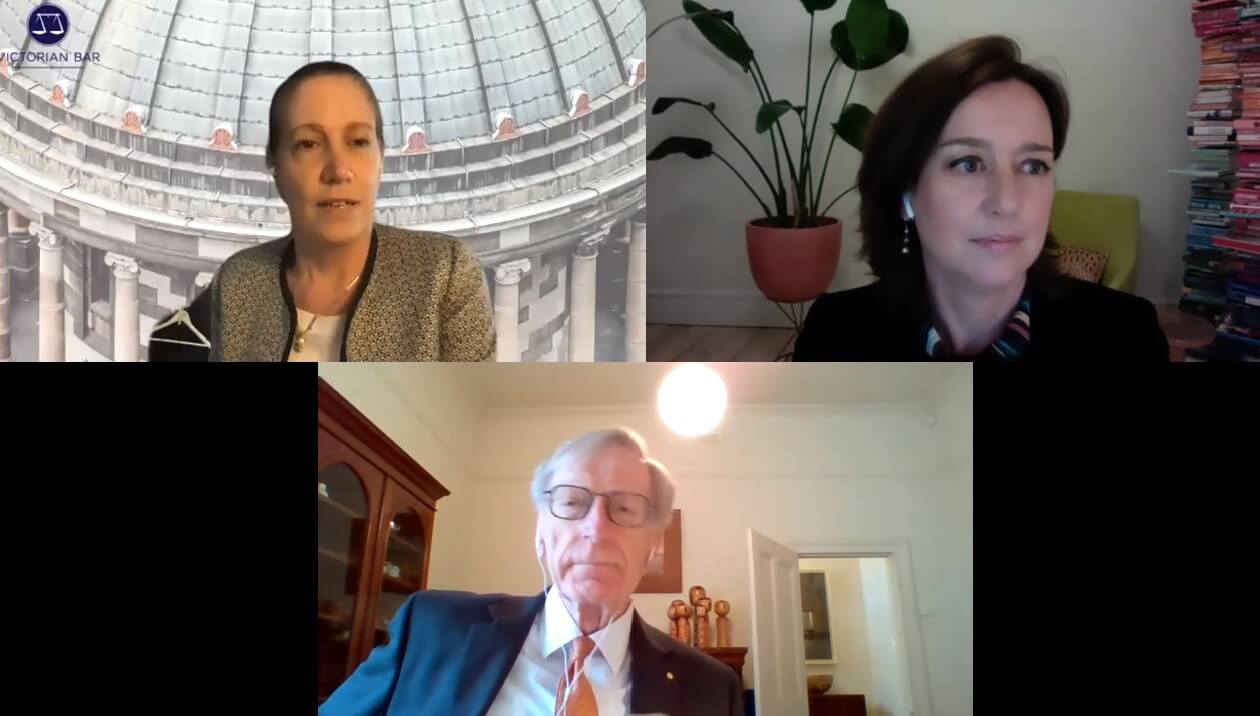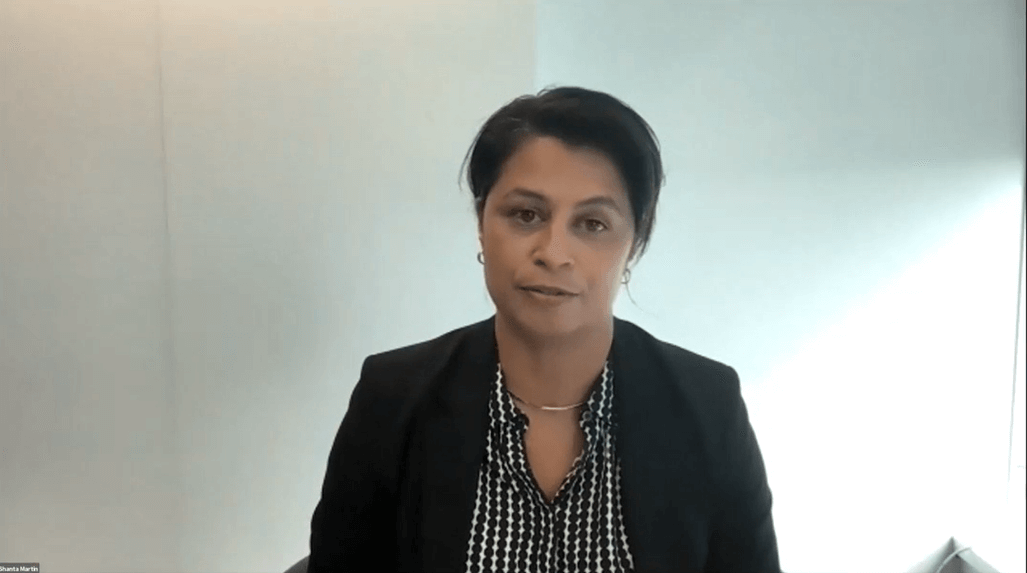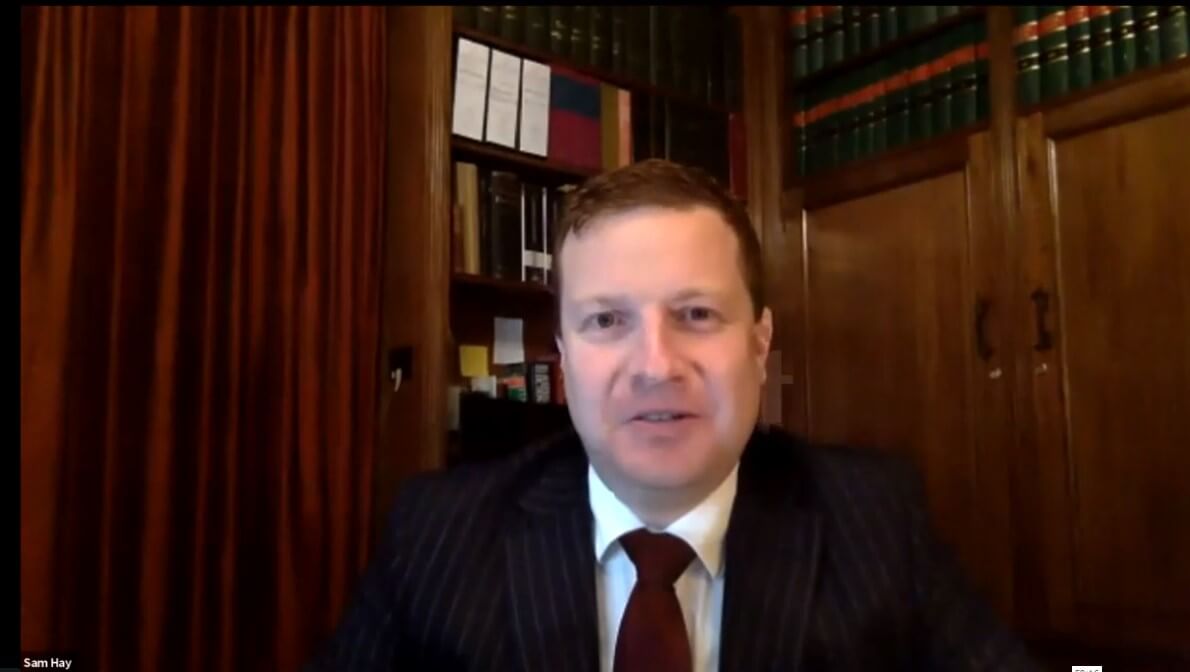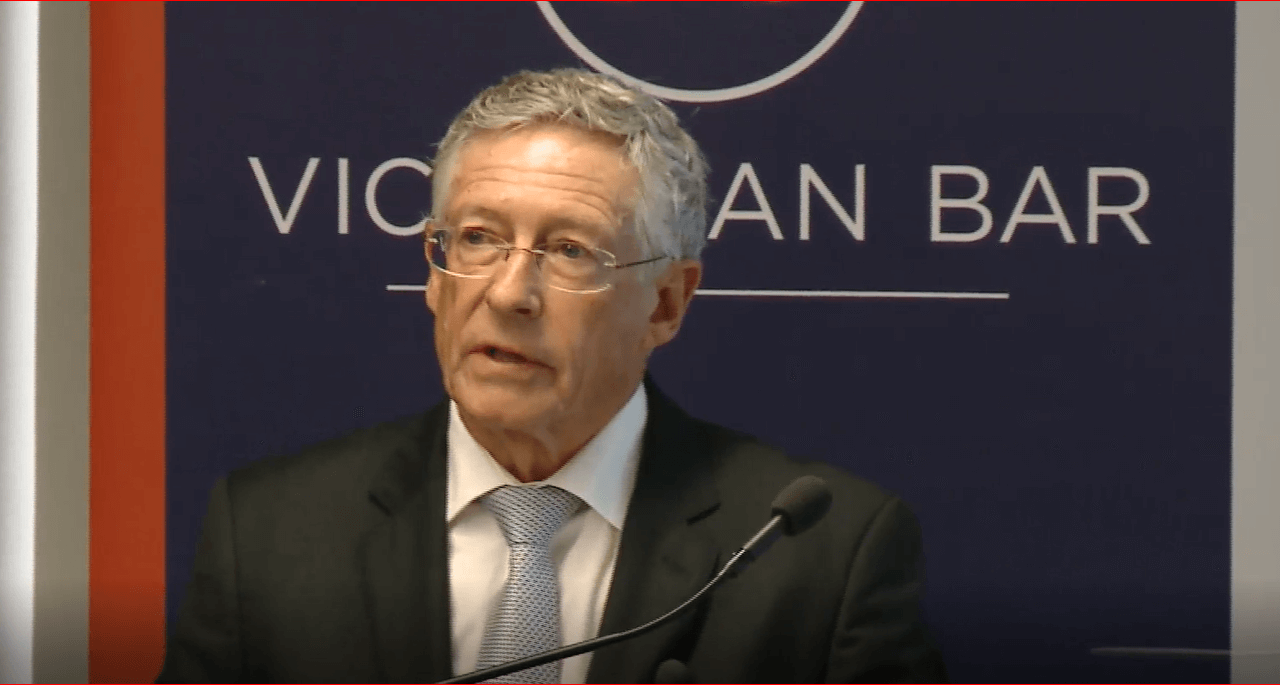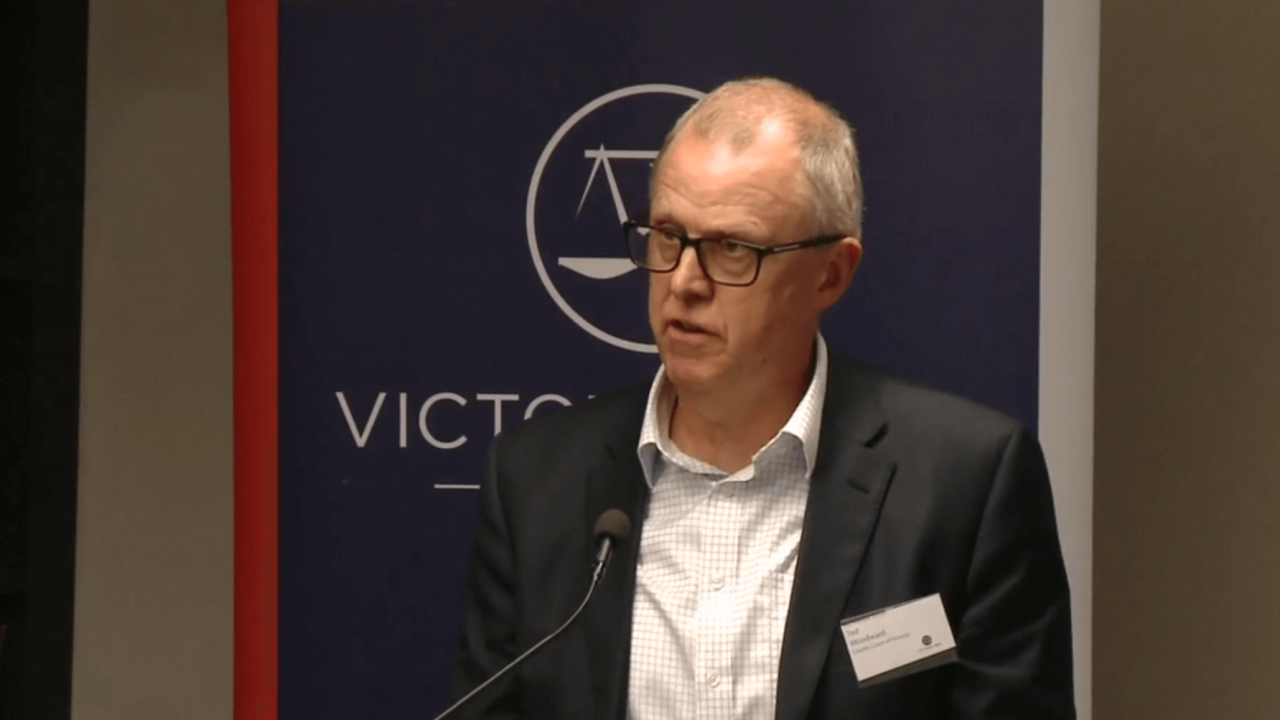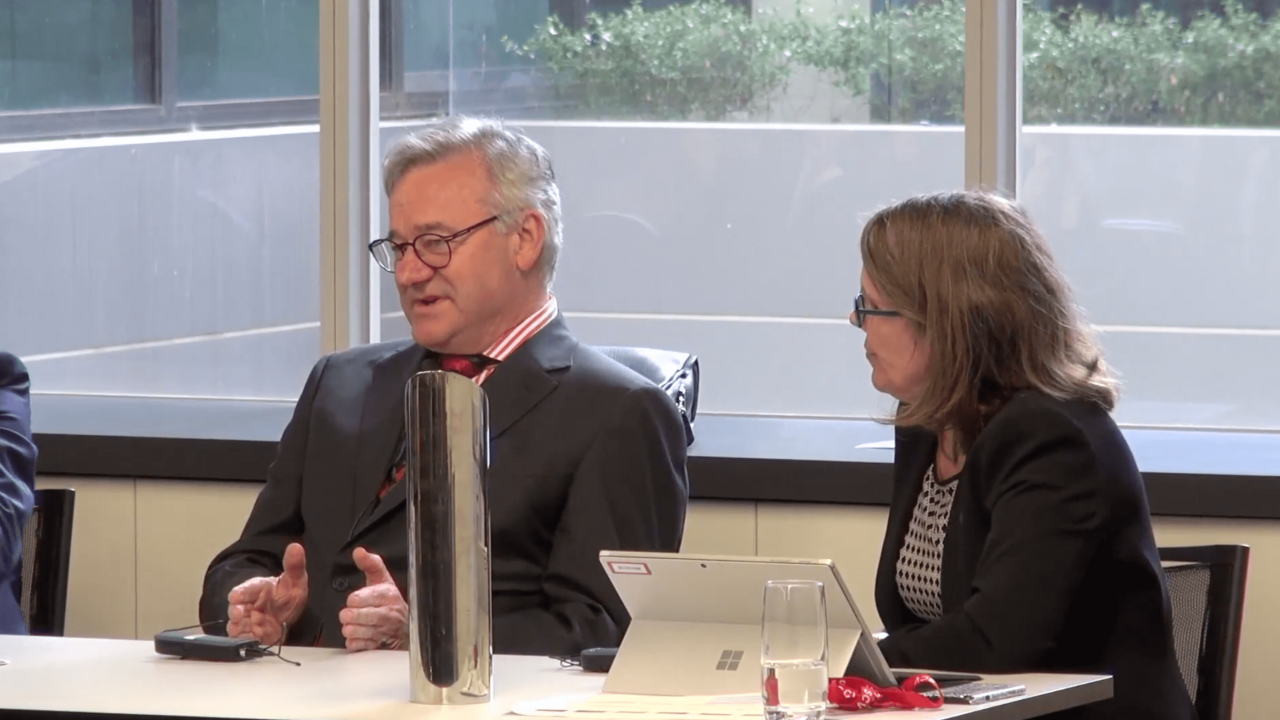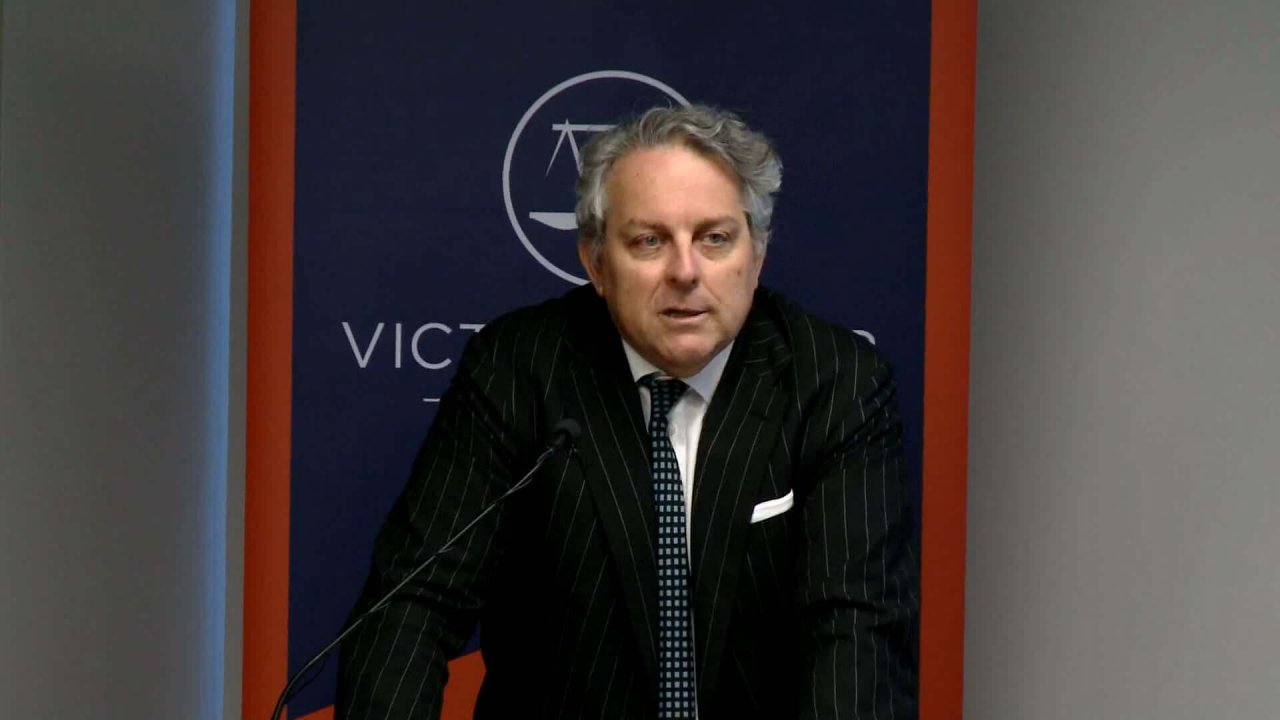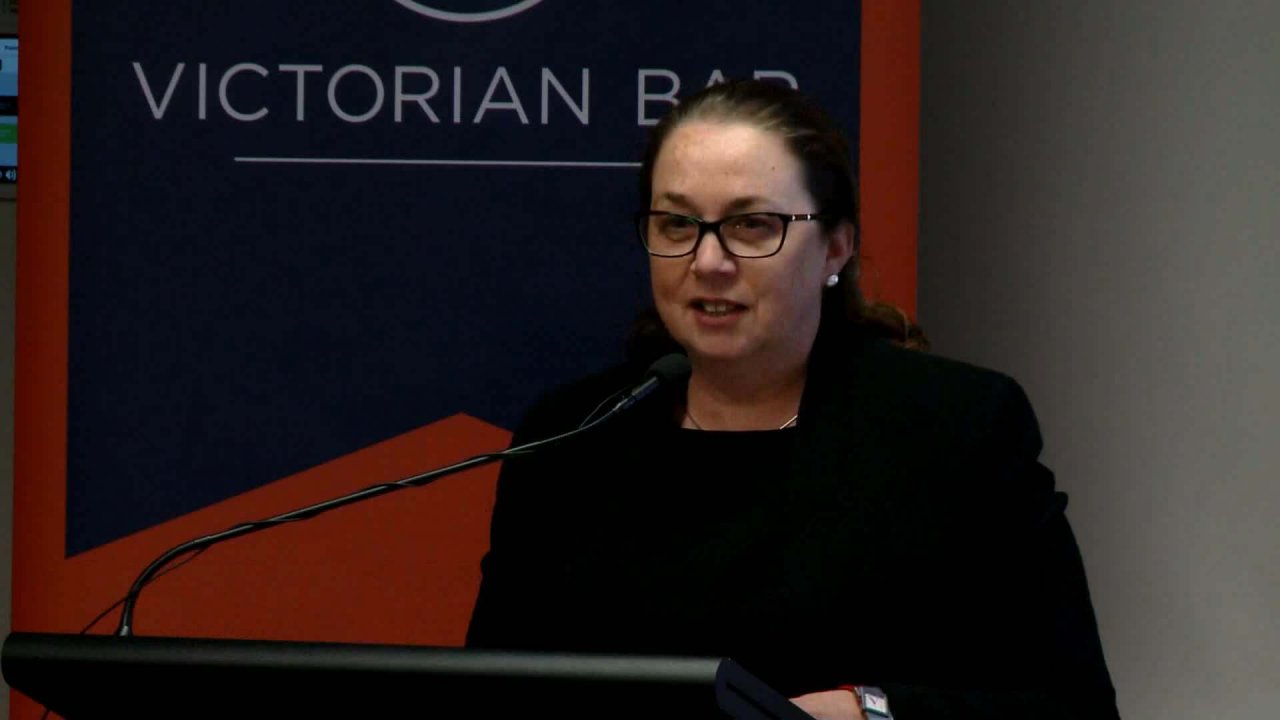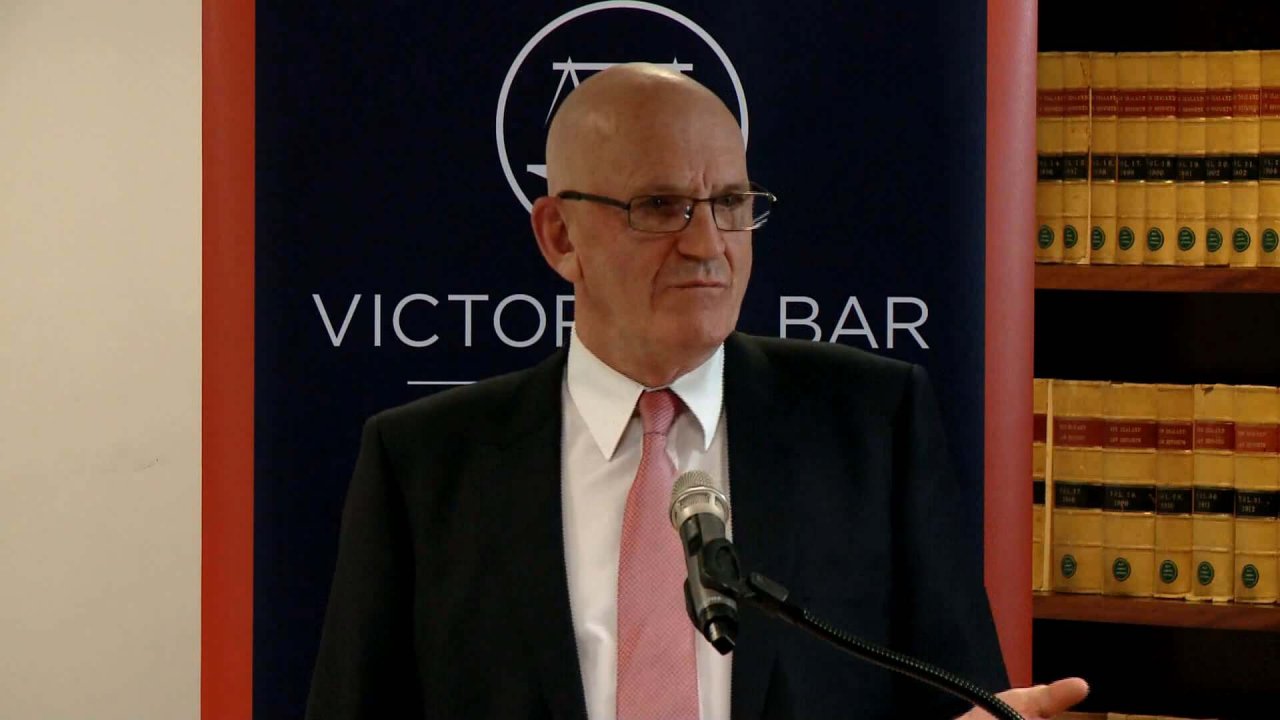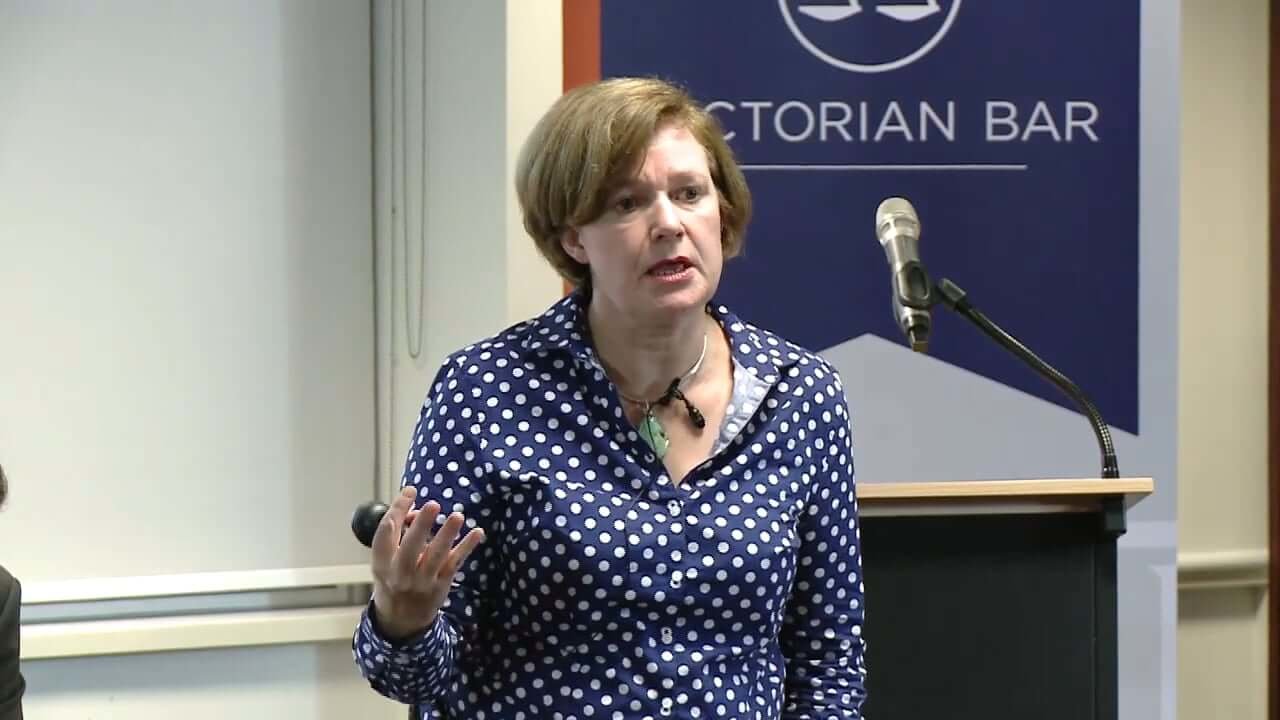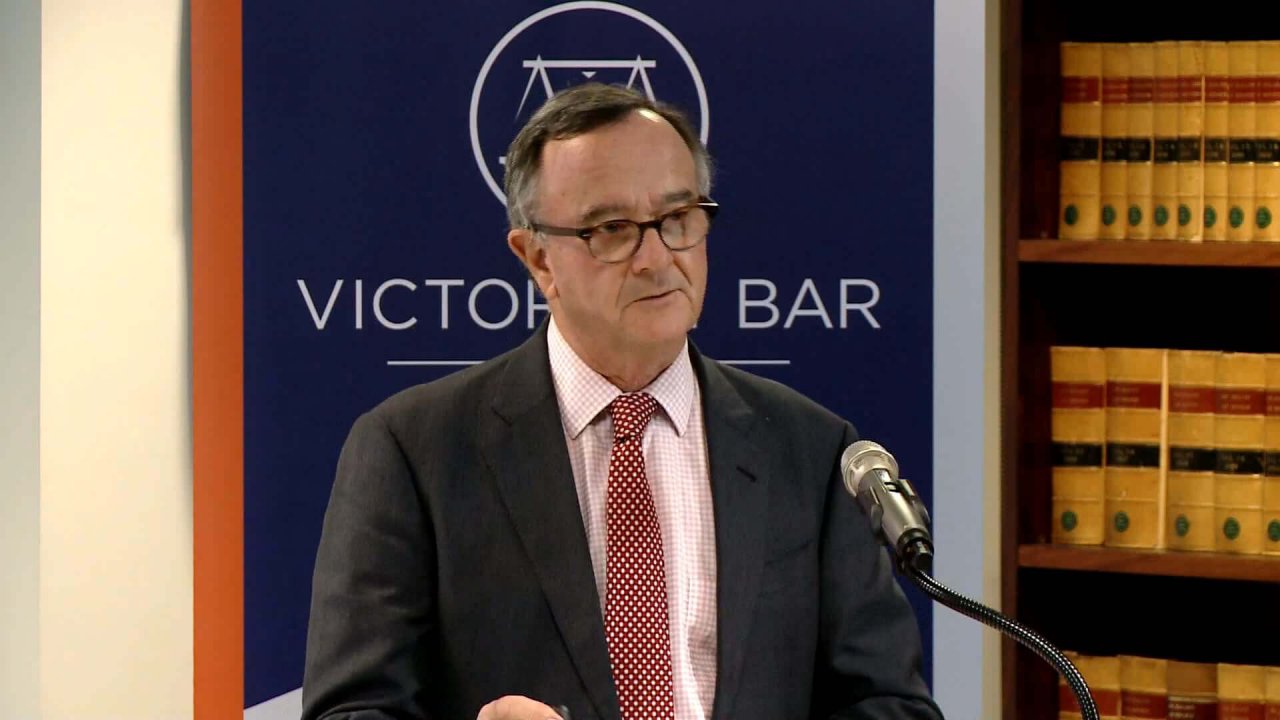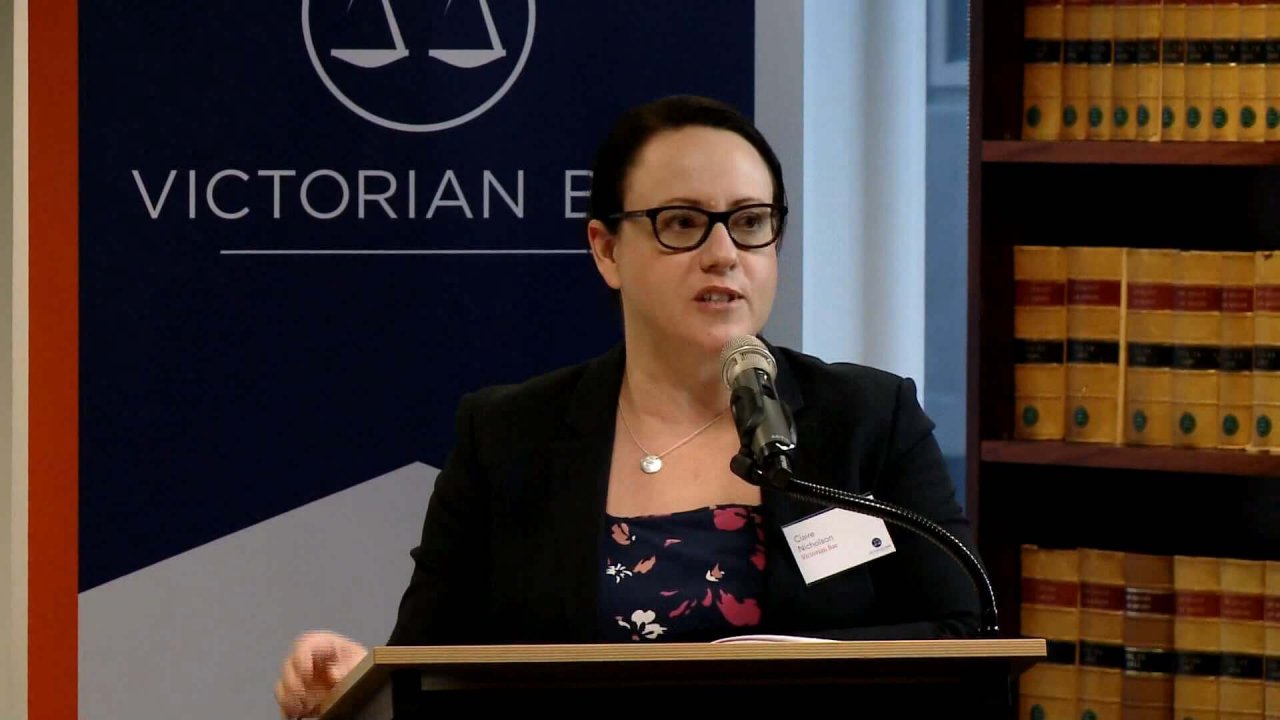
Ethics and Professional Responsibility
Showing all 14 results
An Ethical Dilemma
$77.00An Ethical Dilemma
28 March 2022
In this webinar the speakers explore a factual scenario which raises some curly ethical questions for family law practitioners, including:
- When does a conflict arise? This is consistently one of the most common forms of complaint made against practitioners.
- What can and can’t I say on social media about my cases?
- To disclose or not to disclose, that is the question.
- When does evidence cross an ethical line?
FREE ACCESS: Stamping out Sexual Harassment at the Bar
$0.00FREE ACCESS: Stamping out Sexual Harassment at the Bar
6 October 2020
2020 has been a year of difficult revelations in the legal profession: a survey by the Victorian Legal Services Board + Commissioner reported that one third of those who responded had experienced sexual harassment in the workplace; the Chief Justice of the High Court stating that an inquiry into allegations of sexual harassment against a former High Court Judge found that six former Court staff members were harassed by him; and the Victorian Attorney-General announced a comprehensive review of the practices and protocols preventing and reporting sexual harassment in the courts and VCAT and across the legal profession.
In this webinar, Jenny Firkin QC, Chair of the Bar’s Equality and Diversity Committee, speaks with Kenneth Hayne AC QC about sexual harassment at the Bar. What are the cultural behaviours that we need to change? What can people who experience sexual harassment do? What should those who witness or hear of it do? And, if it’s not clear to perpetrators that their advances are unwelcome, what alarm bells should trigger them to stop and think.
Tackling Modern Slavery- Civil and Criminal Law perspectives
$77.00Tackling Modern Slavery- Civil and Criminal Law perspectives
The first statements by Australian businesses under the Modern Slavery Act 2018 have just been made publicly available.
What role does such reporting play in curbing modern slavery? What role do civil and criminal courts have? How do the criminal law and health and safety laws apply? And where next? … What initiatives from overseas might Australia draw from? Could there be a duty to conduct human rights due diligence?
In this CPD, the speakers will outline current and potential future legal developments in tackling modern slavery in Australia from both a civil and criminal law perspective, drawing upon their experiences in key cases in the United Kingdom.
The Regulation of Barristers: Part 1 – Being “Fit and Proper”
$77.00The Regulation of Barristers: Part 1 – Being “Fit and Proper”
What does it mean to be a ‘fit and proper person’ in the context of your practice at the Bar? What are the origins of this requirement and how did it come to be embedded in the legal framework that regulates us? Why does this test exist?
In the first of a two-part CPD, presented by the Bar’s Honorary Secretaries, who explore these questions as well as highlight the continued disclosure obligations imposed upon barristers and how to fulfil these obligations and satisfy the ‘fit and proper person’ test.
Confidentiality in Mediation
$77.00Confidentiality in Mediation
Confidentiality in mediation and the extent to which what is said or done can be used outside the mediation, is an area which continues to raise questions. The seminar will bring practitioners up to date with various aspects of confidentiality in mediations.
- Substantive Law, Ethics and Professional Responsibility, Professional Skills, Practice Management and Business Skills
Pro Bono Barrister Court Referral Scheme: Launch of the new protocol with County Court
$77.00Pro Bono Barrister Court Referral Scheme: Launch of the new protocol with County Court
The Bar and the County Court, working together, have designed a new pilot scheme for pro bono referrals which commenced on 1 October in the County Court’s Commercial and Common Law Divisions.
The protocol provides clear written guidance as to eligibility and the operation of the scheme. Referrals are to occur by Court Order, which will provide clarity as to the scope of requests. The new procedures are aimed at improving the quality of experience for members in providing pro bono legal assistance, in turn improving the outcome for clients and the courts.
A panel of speakers from the County Court and Victorian Bar will discuss the practical operation of the new referral scheme.
Recent Developments in the Common Law Division of the Supreme Court
$77.00Recent Developments in the Common Law Division of the Supreme Court
Recent changes in the Common Law Division of the Supreme Court include e-filing, new powers for judicial registrars (including in relation to transfers between courts and hearing of stay applications), update to the Supreme Court (Miscellaneous Civil Proceedings) Rules (Chapter II rules).
Ethical Considerations Affecting Government Litigants
$77.00Ethical Considerations Affecting Government Litigants
In a number of recent decisions courts have made adverse comments about the behaviour of government litigants. Parliament is also considering legislation designed to make the model litigant rules legally enforceable.
In this seminar the speakers review the model litigant guidelines and the recent decisions in FCT v Donoghue [2015] FCAFC 183; (2015) 237 FCR 316; Gould v DCT [2017] FCAFC 1, North West Melbourne Recycling Pty Ltd v Commr of SR (Vic) (No 2) [2017] VSC 726, Shord v FCT [2017] FCAFC 167, and Shord v FCT (No 2) [2018] FCAFC 27.
The Harman Obligation: Policy, Procedure and Punishment
$77.00The Harman Obligation: Policy, Procedure and Punishment
Paul Hayes and Elizabeth Bennett shed light on the important Harman obligation and counsel’s duty to the Court. Paul Hayes presents a paper on the consequences of not abiding by the obligation and implicit risks. Elizabeth Bennett speaks on the ways in which the obligation can operate, and its intersection with other guiding principles.
Unconscious Bias Training
$77.00Unconscious Bias Training
Kate Eastman S.C. discusses the effects and deliberations surrounding unconscious bias, focusing on lawyers and their interactions with bias in their legal work.
- Ethics and Professional Responsibility, Professional Skills, Practice Management and Business Skills
Ten Tips for Good Courtroom Communication with Judges
$77.00Ten Tips for Good Courtroom Communication with Judges
This seminar discusses how Barristers can effectively communicate with Judges. The seminar is presented by Victorian County Court Judge Chettle. Judge Chettle advises advocates from his own experiences, both as a Judge and Barrister, the steps to take to create and maintain a positive relationship with a judge throughout a case.
- Ethics and Professional Responsibility, Professional Skills, Practice Management and Business Skills
Dealing with Difficult Clients
$77.00Dealing with Difficult Clients
Presented by consultant Jenny Bailey, this session is for barristers who deal with clients who are upset and emotional. The session will help improve the efficiency and effectiveness of your practice, and help you improve your relationship with your clients to improve satisfaction – even if they don’t get the result they were after.
Will (or can) This Matter Settle at Mediation?
$77.00Will (or can) This Matter Settle at Mediation?
This seminar is given by Michael Proud. Mr. Proud is an experienced accredited mediator, who specialises in medical malpractice and personal injury matters. Mr. Proud provides practitioners advice on how to best prepare for mediations and different strategies which can be adopted. Mr. Proud recalls past mediations he has mediated to demonstrate how he would resolve different circumstances.
Ethical Issues for Junior Solicitors and Junior Barristers
$77.00Ethical Issues for Junior Solicitors and Junior Barristers
This seminar discusses a number of the ethical issues that barristers and solicitors commonly encounter. It focuses on junior members of the legal profession and their obligation, both legal and moral, to the community and the Court. The presenters are Justice John Forrest and Associate Justice Mary-Jane Ierodiaconou, both of the Victorian Supreme Court.


